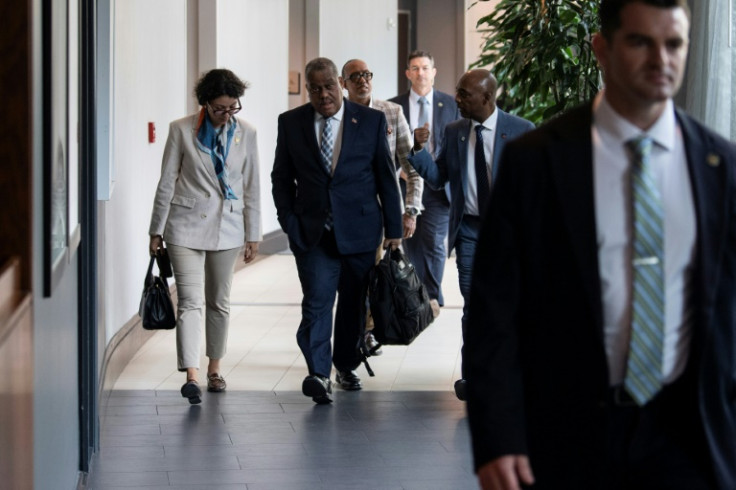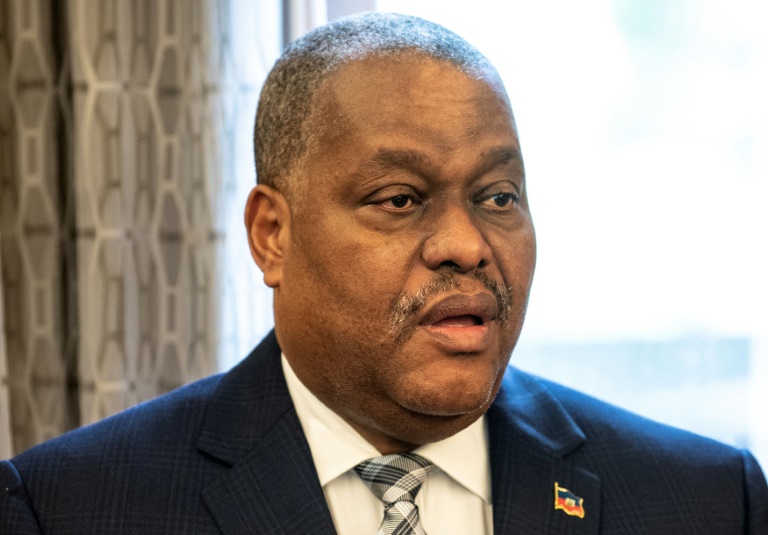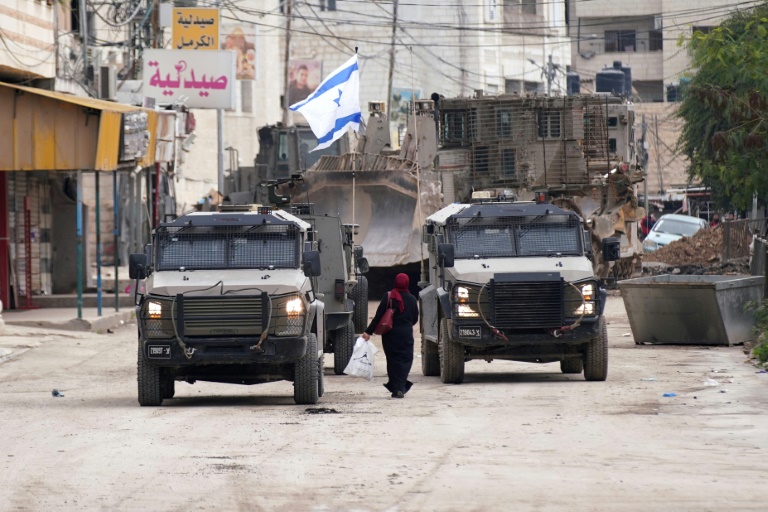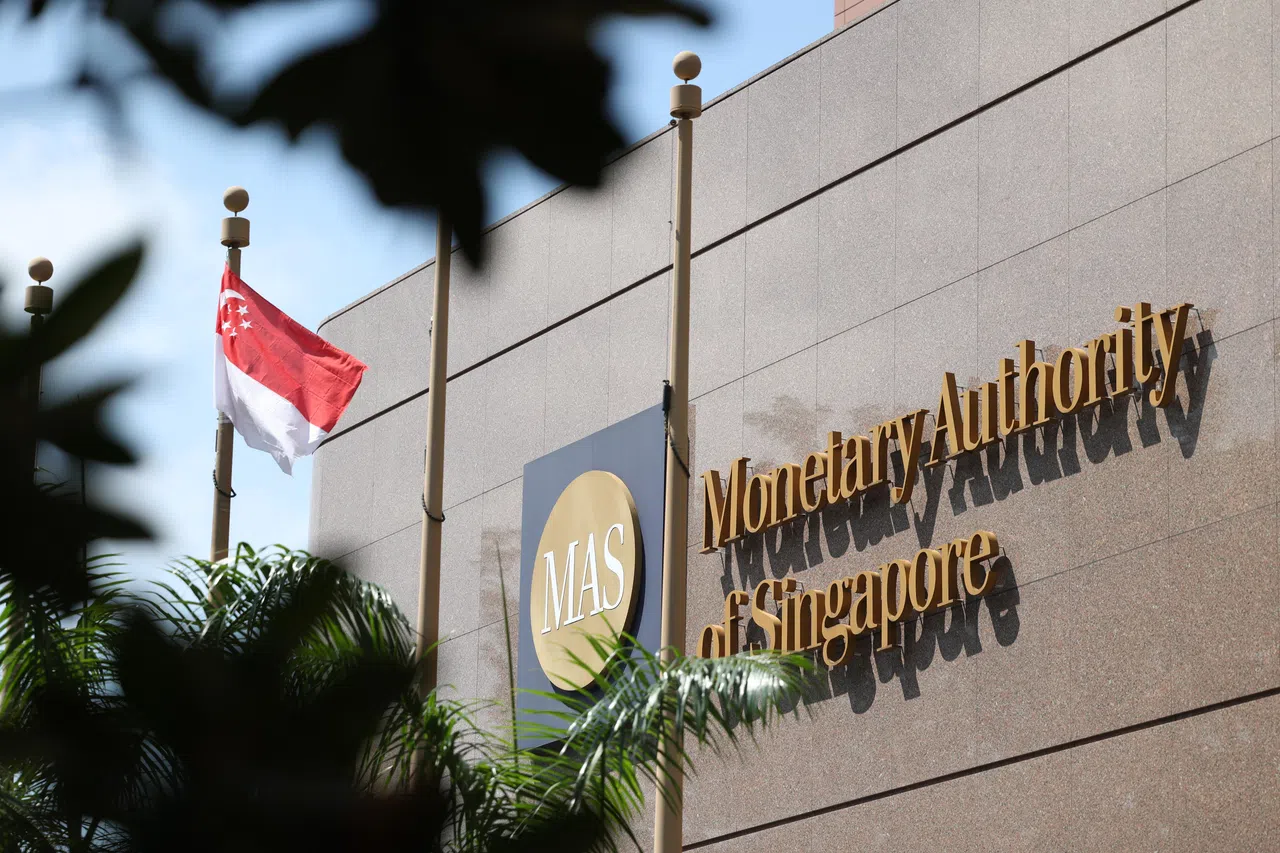Garry Conille, a medical doctor by training who once briefly served as Haiti’s prime minister, says he never hesitated to return home to take up the post once again.
Despite what he called an “extremely complicated” situation in the gang-plagued Caribbean nation, the leader of Haiti’s transitional government pledged on Tuesday to offer “transparency” to his countrymen as he takes on the challenge of restoring order.
Conille — who has had an extensive career within the United Nations, including a stint as UNICEF’s regional director for Latin America and the Caribbean — sat down for an interview with AFP during a visit to Washington.
He also met with US Secretary of State Antony Blinken to discuss the deployment in June of the first members of a Kenyan-led international force tasked with helping the overwhelmed Haitian police in their battle against powerful armed gangs.
The 58-year-old Conille said his transitional government inherited an “excessively difficult situation.”
Gangs control 80 percent of the capital Port-au-Prince and nearly 600,000 people are displaced, he said.
“Infrastructure practically is non-existent, ministries no longer even have offices, staff are very unmotivated and the police need help,” he told AFP.
But Conille also sees glimmers of hope — he hailed the spirit of cooperation that allowed for the formation of a transitional council after controversial prime minister Ariel Henry stepped down.
Despite difficult negotiations, a government was named, with an eye toward offering Haitians some relief from the political, security and humanitarian crises wracking the country, and organizing the first elections since 2016.
Conille said the second contingent of the Kenyan-led force should arrive in the “coming weeks,” but offered no further details, citing security reasons.
Security is sorely needed in Haiti, where conditions sharply worsened at the end of February, when armed groups launched coordinated attacks in Port-au-Prince, saying they wanted to overthrow Henry.
But Conille sought to reassure his people, who are scarred by the bitter memories of past foreign interventions, that the current deployment will simply support Haiti’s national police.
“The responsibility for reestablishing security is first and foremost a Haitian responsibility,” said Conille, who last served as prime minister in 2011-2012.
The international force “will not replace police. It’s really an immediate solution that will give us the time to reinforce the capabilities of our own police and army, so these two institutions can more effectively carry out their functions,” he said.
Haitian authorities will be fully in charge, and work alongside the international policing mission, he emphasized.
“We have put in place a police-army task force that is thinking about concrete strategies to allow us to move forward on the security issue,” Conille added.
Much of Port-au-Prince is now in the hands of gangs accused of abuses including murder, rape, looting and kidnappings. Hospitals and clinics have been attacked and looted of supplies. Food insecurity has soared.
Conille said he understood that Haitians were “impatient” and wanted to see progress on the ground as quickly as possible.
But he insisted that time was needed to put the necessary structures in place so that the country could move forward, while protecting police officers and regaining territory lost to gangs “in the not so distant future.”
He said he hoped the gang scourge could be resolved “definitively.”
“In this kind of situation, transparency is our best ally,” Conille said, explaining that Haitians had long ago lost faith in national institutions and were looking carefully to the transitional government to improve their living conditions.
“We will communicate regularly. We’re going to tell them very clearly what we are doing. We’re going to share with them as well when things don’t work out,” Conille said.
As for a path to elections, which are meant to take place before February 7, 2026, the prime minister said organizing polls would be “the very definition of a successful transition.”
The government “is working now” on nominating members of a provisional electoral council, Conille said.
“We are already in the process of putting in place a system and the tools needed to be able to move forward quickly.”
AFP

AFP







